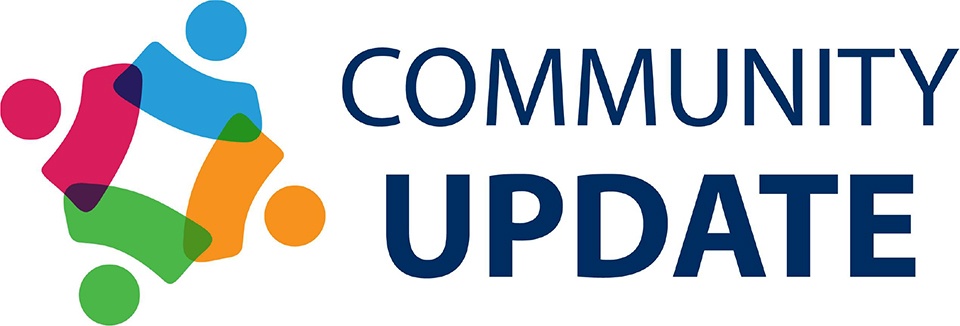NJ Landlords Can Now Apply for Emergency Grants So They Can Forgive Back Rent

This story is republished under a special NJ News Commons content-sharing agreement related to COVID-19 coverage. Link to story: nj.com/coronavirus/2020/08/nj-landlords-can-now-apply-for-emergency-grants-so-they-can-forgive-back-rent.html
Landlords who didn’t receive rent or reduced payments amid the coronavirus pandemic can now apply to a federally-funded grant program , as long as they forgive outstanding rent and fees.
The Small Landlord Emergency Grant Program opened Wednesday to owners of residential properties in New Jersey with three to 10 rental units who weren’t paid full rent between April and July due to COVID-19, according to the New Jersey Mortgage and Finance Agency, which is overseeing the program.
Winners will be randomly chosen via computer for a chance at the $25 million bucket, which came from the CARES Act. The grant amount will vary depending on the number of rental units for low- and moderate-income tenants, and how much income was lost.
There is no cap on the amount of aid the landlords can receive from the program. But properties cannot be seasonal or vacation rentals. And landlords will not have to pay money back unless the state finds falsified information.
Applications, which can be found at nj.gov/dca/hmfa, will be accepted through August 26 at 1 p.m. The review process is expected to start August 27, and winners will be posted on the website. Tenants will also relieve letters if their landlords are selected.
Because the grant will cover any outstanding rent payments, landlords must forgive any back rent and late fees accrued since April.
Thousands have struggled to make rent payments in the wake of the coronavirus pandemic, which saw nearly 1.5 million New Jersey workers filing for unemployment benefits and businesses across the state closed for months to curb the spread of the virus.
“When tenants are unable to pay their rent, landlords are unable to pay their mortgages, increasing the risk of foreclosure and eviction. While the SLEG program is outside of our usual scope of work, our team developed the grant, as well as a suite of resources to assist applicants, with one clear goal in mind—that no New Jersey family should be without a home in the middle of a global pandemic,” said Charles A. Richman, executive director of New Jersey Housing Mortgage and Finance Agency.
Roughly 35 percent of New Jersey residents are renters, and about 1 in 3 renters live in buildings with three to 10 units.
And about 25 percent of renters didn’t pay their rent in June, up from 12 percent in April, according to the housing agency overseeing the program.
“Given the unique circumstances of the COVID-19 emergency, both landlords and tenants across this country are facing prolonged economic hardship. With reports that New Jersey is leading the nation with a 20 percent delinquency rate for Federal Housing Administration mortgages and an 11 percent rate in late payments, make no mistake, we are in a crisis,” said Richman.
Gov. Phil Murphy froze rent for 36,000 low- and moderate income renters and enacted a moratorium on lockouts during the pandemic for up to 60 days after the end of the public health emergency, commonly referred to as the “eviction moratorium.”
But landlords have continued to file eviction notices, with more than 15,000 filed between April and June, according to court statistics. Advocates warn that number is expected to multiply in months, and that eviction filings could increase as much as 600 percent in the next four months.
The lack of payments hurt landlords, who in turn have less money to pay for mortgages and upkeep of their property.
“We know that by assisting small landlords we are helping to secure quality rental housing by protecting their investment in the maintenance of their properties. Many of these smaller buildings aren’t just personal investments for their owners, they’re also investments in neighborhoods in communities,” Murphy said while announcing the initiative.
This is the second round of rental programs the state is overseeing, following a high-demand $100 million rental relief fund received more than 60,000 applications in July — about 8,000 renters made the cut in a pre-selection process.
Another form of mortgage and rental aid could come in the form of legislation referred to as “The People’s Bill,” which would allow mortgage lenders to delay payments until 60 days after the public health emergency, and give tenants time to agree to a rent repayment plan for missed rent.
However, the two chambers of the state Legislature passed different versions of the bill. It’s unclear what the final piece of legislation will be.







